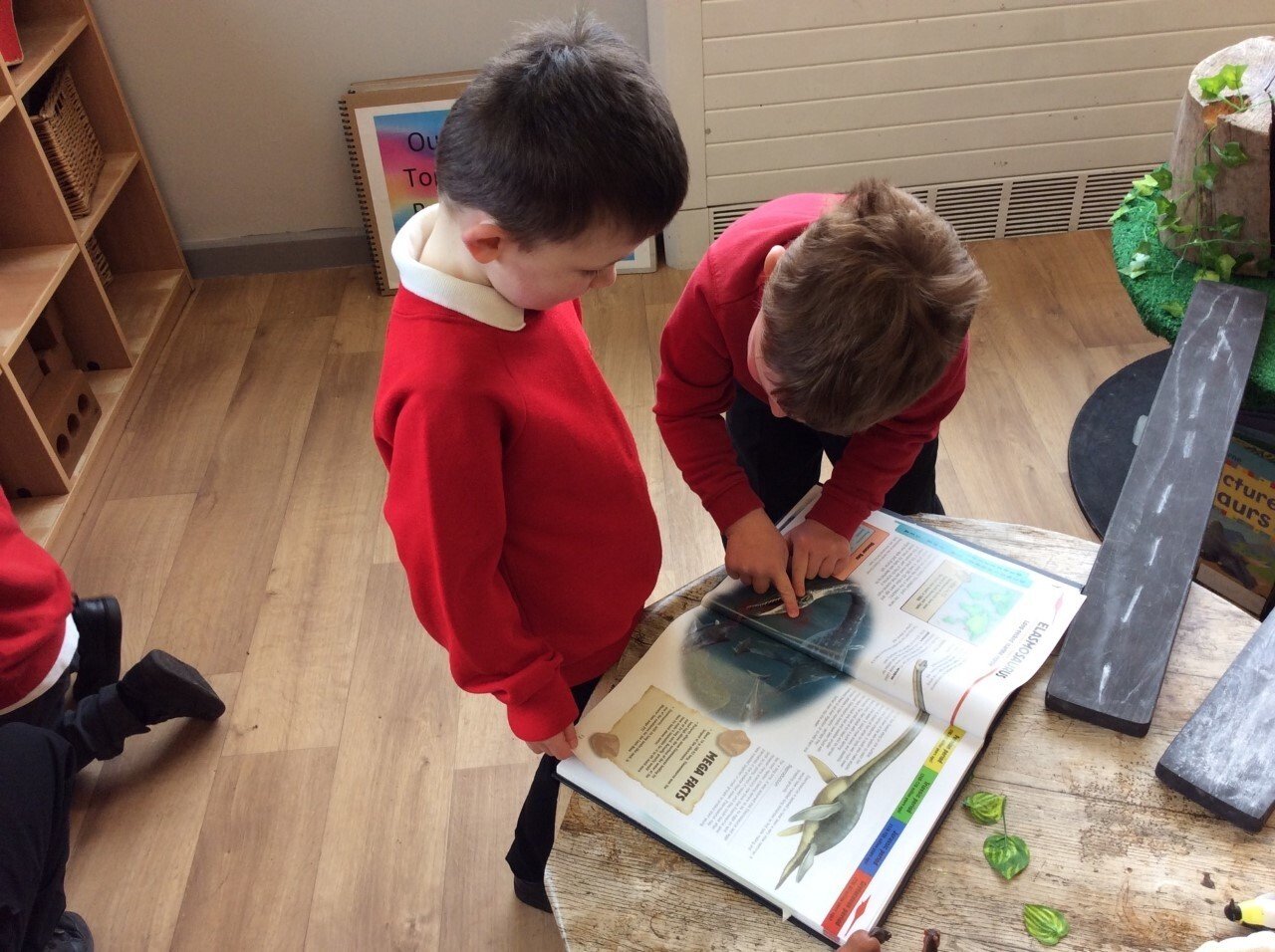History:
History is the centre of our curriculum, and is the one subject where we began our curriculum journey with the Trust. Wherever possible we have thought carefully about the chronology of the history periods, however due to our 4-year rolling curriculum for our small school, this was not always possible. Instead we build on skills taught to each year group and make links to the different periods in history as the children learn them. We have high expectations and our plan allows for the best development of historical knowledge, while strengthening our children’s historical skills in mixed aged classes.
Our intent for our History approach is to ensure that pupils gain knowledge and understanding of Britain’s past and that of the wider world. It should inspire pupils’ curiosity to know more about the past.
Our intent is for children to:
- Achieve their absolute potential by having the highest expectations of their learning
- Be confident to ask questions and extend their knowledge. This is enabled by positive relationships and nurture
- Think critically, weigh evidence, sift arguments and develop perspective and judgement.
- Understand the complexity of people’s lives, the process of change, the diversity of societies and relationships between different groups.
- Feel proud of their own identity and the challenges of their time.
- Take responsibility for their own learning and understand what process or key skill they are using to gain their History knowledge.
|
Our curriculum has been designed to be a knowledge-rich curriculum, underpinned by a progression of skills. History Knowledge and Skills Progression There is 4-year rolling cycle in Key Stage 2, and a 2-year cycle for Key Stage 1. History in the Early Years is mainly taught through ‘Understanding the World’. In KS2, the History curriculum is planned over a 4 year rolling programme to ensure coverage of the National curriculum. History is not taught in chronological order, so every effort is made that children understand how and where the studied period fits in the timeline of history. Lessons are based around a Key question and children learn new knowledge and develop skills to answer the questions. Links are often made within topics to promote diversity and address our varied cultural heritage. Curriculum long term plan history Key Areas of Substantive Knowledge:
We plan for some Historical Threads that weave through the different historical periods. Historical Threads: · Settlement · Beliefs · Culture · Main events · Food and farming · Travel and exploration · Conflict · Monarchy and politics · Technological advances · Significant people
Key Areas of Disciplinary Knowledge:
Key Historical Skills:
In KS1, we focus on the substantive knowledge and we do not teach explicitly the disciplinary knowledge to children. In KS2, children should start to be introduced explicitly to the different second order concepts and understand how they are used by historians. Particularly in UKS2, children should be introduced to specific historians and their work, understanding how they have come to historical conclusions. We use high quality texts that link to our history teaching and learning to enhance our writing curriculum. |
||||||||||||||||||||||||||||||||||||||||||||||
|
Impact (What is the intended outcome?) |
||||||||||||||||||||||||||||||||||||||||||||||
|
· Children from all backgrounds will understand their history and of their place in Britain and the wider world · Children understand how historical concepts have driven the development of all civilizations · Children will become increasingly critical and analytical within their thinking. Making informed and balanced judgements based on their knowledge of the past. · Children will become increasingly aware of how historical events have shaped the world that they currently live in. · They will also have a further understanding of History on a local level and on a small-scale. · Children will develop enquiry skills to pursue their own interests within a topic and further questioning. · Children are to retain prior-learning and explicitly make connections between what they have previously learned and what they are currently learning. · Children are able to place periods of civilization in chronological order and make inferences on those civilizations based on the time period that they existed |
||||||||||||||||||||||||||||||||||||||||||||||

 Translate
Translate





































